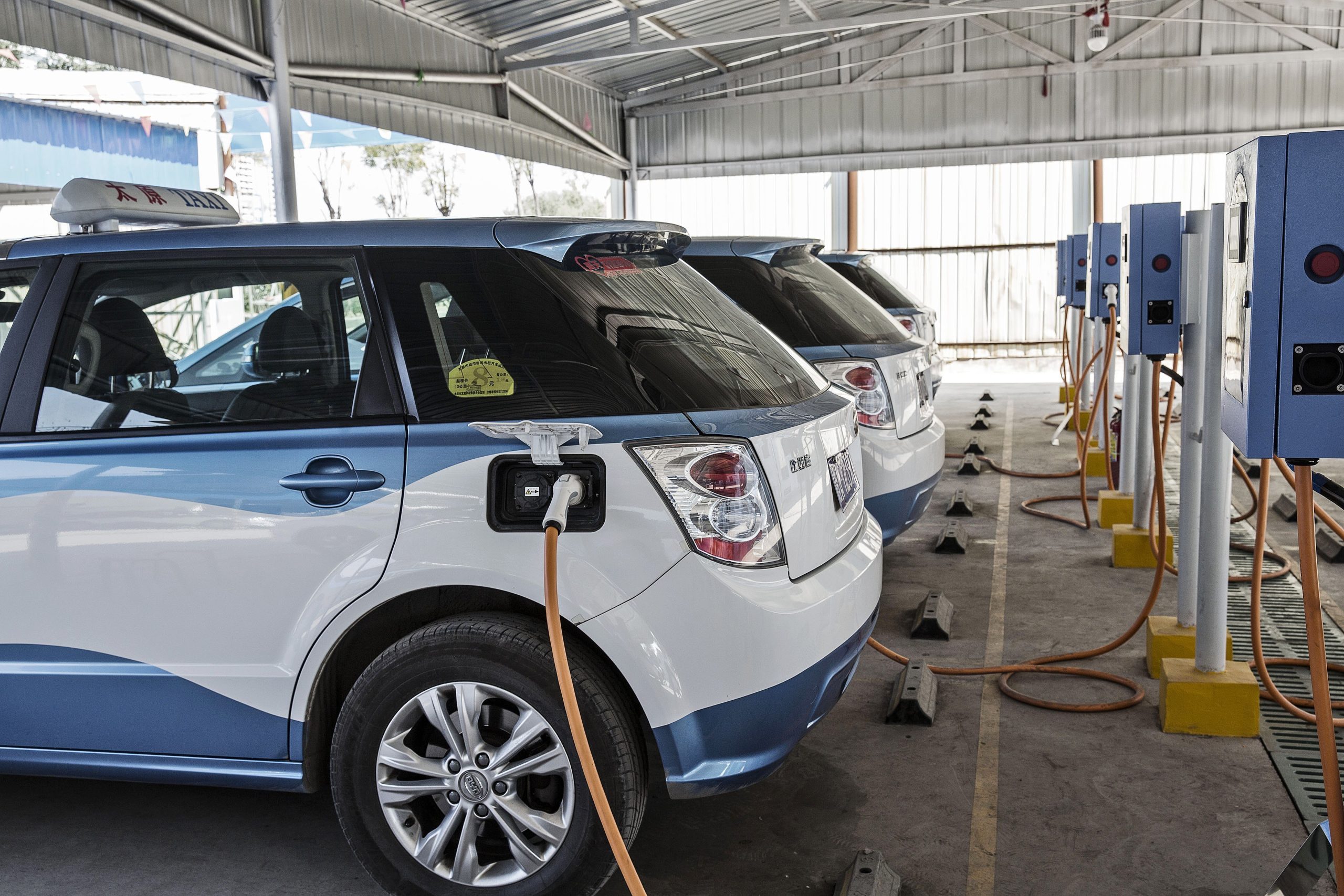Federal cabinet has approved the proposal to mortgage country’s airports and highways in order to issue Sukuk bonds.
Federal Minister for Information and Broadcasting – Fawad Chaudhry has apprised that the federal cabinet has approved the decision to mortgage country’s airports and highways.
The move is aimed to generate loan revenue for the issuance of Sukuk bonds aimed at promoting Islamic banking in the country.
As per details, the federal government will mortgage Islamabad, Lahore and Multan airports along with M3 motorway.
Sukuk bonds will be issued and loans will be taken out, keeping Islamabad Expressway, Islamabad-Peshawar Motorway, Pinid Bhattia-Lahore motorway section, and airports of Lahore, Islamabad and Multan as collateral.
Government sources argue that it will be possible to get a loan at a lower interest rate than other sources by mortgaging government assets.
What Are Sukuk Bonds?
A sukuk is an Islamic financial certificate, similar to a bond in Western finance, that complies with Islamic religious law commonly known as Sharia. Since the traditional Western interest-paying bond structure is not permissible, the issuer of a sukuk essentially sells an investor group a certificate, and then uses the proceeds to purchase an asset that the investor group has direct partial ownership interest in. The issuer must also make a contractual promise to buy back the bond at a future date at par value.
Sukuk were developed as an alternative to conventional bonds which are not considered permissible by many Muslims as they pay interest and may finance businesses involved in non-Sharia-compliant activities (gambling, alcohol, pork, etc.). Sukuk securities are structured to comply with Sharia by paying profit, not interest—generally by involving a tangible asset in the investment.
Islamic law prohibits what’s known as “riba,” or what we understand as “interest” in the West. Therefore, traditional, Western debt instruments cannot be used as viable investment vehicles or ways to raise capital for a business. To circumvent this, sukuk were created in order to link the returns and cash flows of debt financing to a specific asset being purchased, effectively distributing the benefits of that asset.
This allows investors to work around the prohibition outlined under Sharia and still receive the benefits of debt financing. However, because of the way that sukuk are structured, financing can only be raised for identifiable assets.
Thus, sukuk represent aggregate and undivided shares of ownership in a tangible asset as it relates to a specific project or a specific investment activity. An investor in a sukuk, therefore, does not own a debt obligation owed by the bond issuer, but instead owns a piece of the asset that’s linked to the investment. This means that sukuk holders, unlike bond holders, receive a portion of the earnings generated by the associated asset.
Differences With Traditional Bonds
- Sukuk involves asset ownership while bonds are debt obligations
- If the asset backing a sukuk appreciates then the sukuk can appreciate whereas bond yield is strictly due to its interest rate.
- Assets that back sukuk are halal whereas bonds are often riba and may finance non sharia compliant businesses or fuel speculation.
- Sukuk valuation is based on the value of the assets backing them while a bond’s price is largely determined by its credit rating.



















































